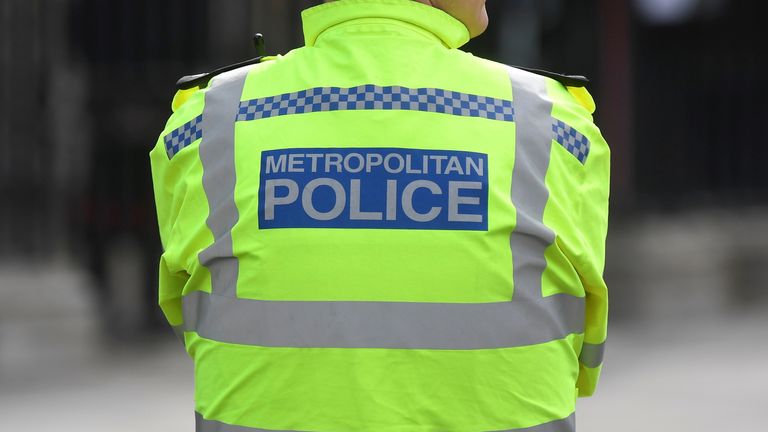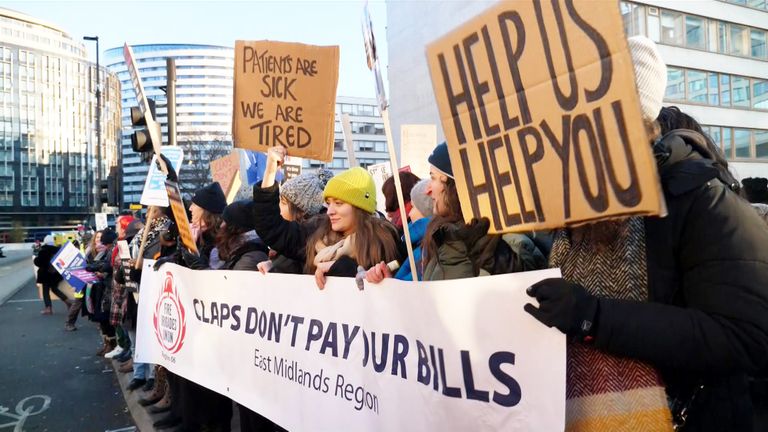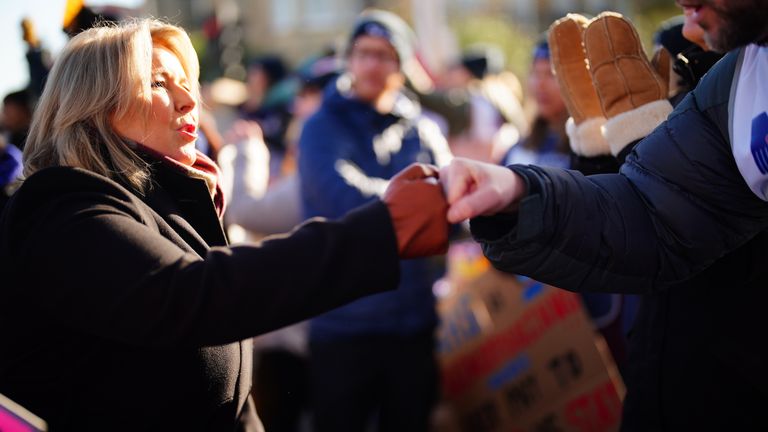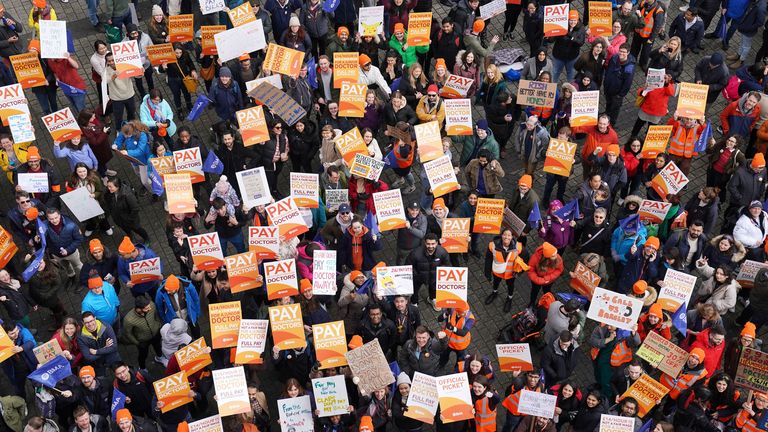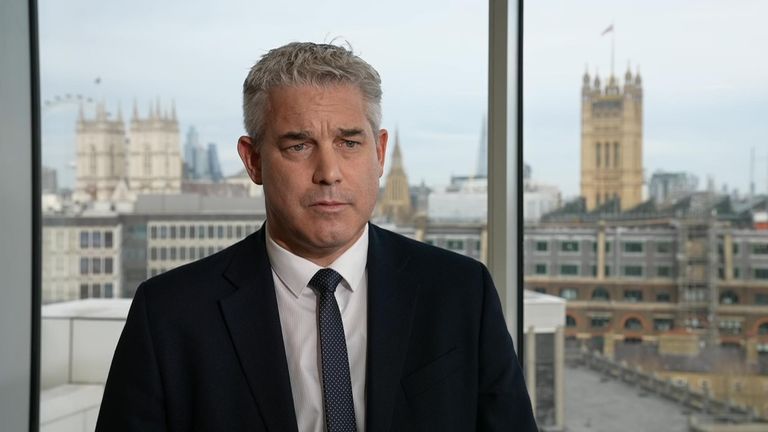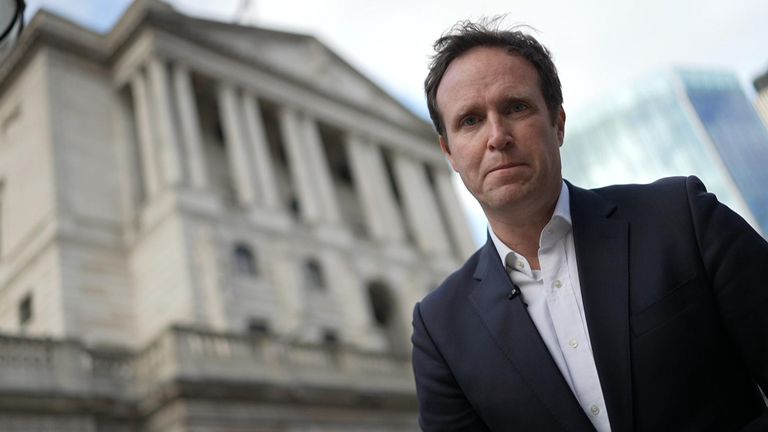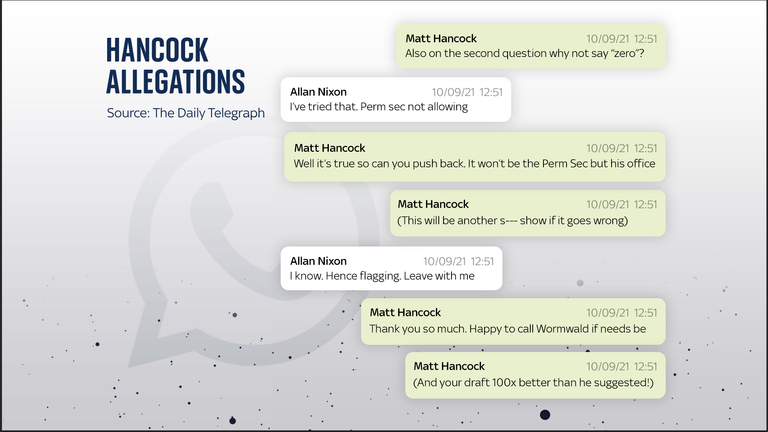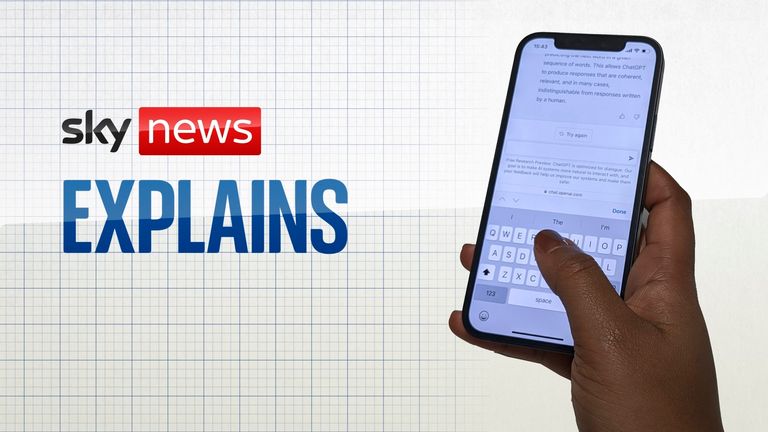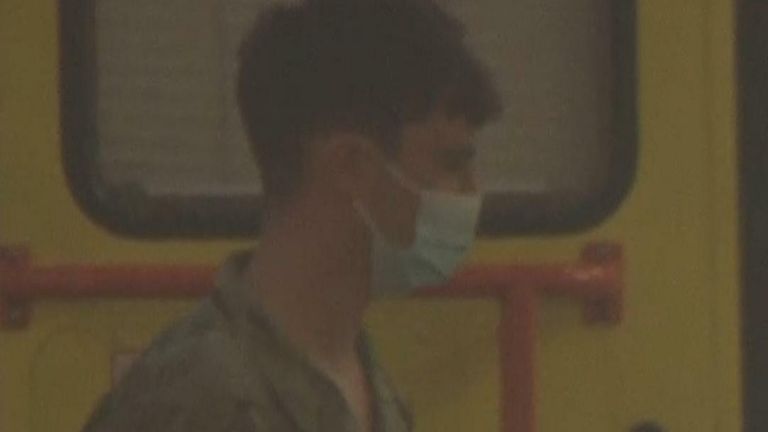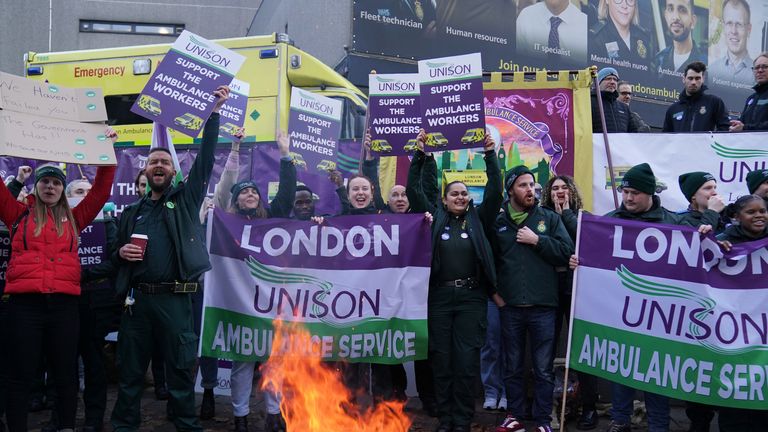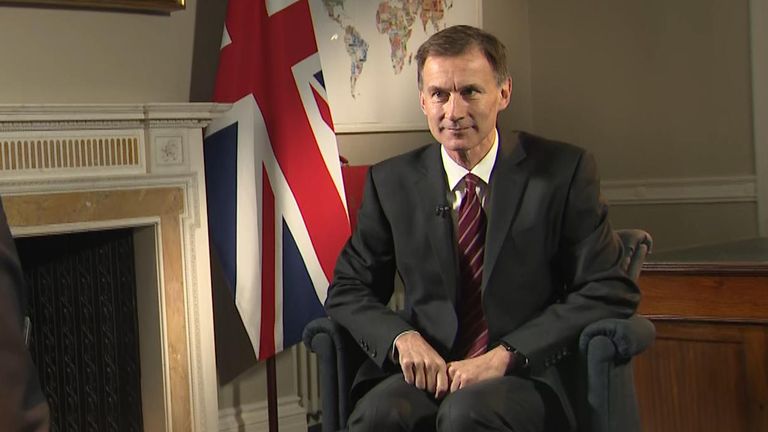Metropolitan Police to stop attending 999 calls linked to mental health incidents | UK News
The Metropolitan Police will no longer attend 999 calls linked to mental health incidents from September.
Commissioner Sir Mark Rowley has told health and social care services that officers won’t be sent unless there’s a threat to life.
The move was first reported in the Guardian and confirmed to Sky News by a government source.
It’s intended to allow police to focus on crime and its victims rather than dealing with people who need expert medical help.
“Where there is an immediate threat to life, officers will continue to respond,” the Met Police told The Guardian.
“In the interests of patients and the public, we urgently need to redress the imbalance of responsibility, where police officers are left delivering health responsibilities.
“Health services must take primacy for caring for the mentally ill, allowing officers to focus on their core responsibilities to prevent and detect crime, and keep communities safe and support victims.”
However, Mind, a mental health charity, expressed concern at the move, with its chief Sarah Hughes telling the BBC’s Today programme: “I am not persuaded we have got enough in the system to tolerate a shift to this new approach. I think we’ve got a huge way to go before the system is working together on behalf of very distressed individuals.
“We’re not in a position to say it’s either the police or somebody else. It’s often a complicated question that has a raft of answers. We are not ready, we are not in a fit for purpose state, to go straight to this policy.
A Met spokesperson told the BBC that officers spent an average of 10 hours with a patient when they are sectioned under the Mental Health Act.
“In London alone, between 500-600 times a month, officers are waiting for this length of time to hand over to patients, and it cannot continue,” said a statement.
“Police are compassionate and highly skilled but they are not trained to deliver mental health care.”
Humberside brought in a similar policy – known as Right Care, Right Person (RCRP) – in 2020 that involves staff from the charity Mind dealing with calls in the police control room.
It saved 1,100 police hours per month and people received “more timely care from the most appropriate care provider”, according to a November report by His Majesty’s Inspectorate of Constabulary, Fire and Rescue Services.
Read more:
’80 robberies a day’ last year had no suspect identified before cases closed
Retired Met officers admit sharing child sex abuse images with dead inspector
‘We are failing patients’
RCRP is designed to be implemented nationally, but the Met commissioner is believed to have lost patience.
In his letter to health and social care services, seen by The Guardian, he writes: “I have asked my team that the Met introduce RCRP this summer and withdraw from health-related calls by no later than August 31.
“It is important to stress the urgency of implementing RCRP in London.
“Every day that we permit the status quo to remain, we are collectively failing patients and are not setting up officers to succeed.”
He continued: “We are failing Londoners twice.
“We are failing them first by sending police officers, not medical professionals, to those in mental health crisis, and expecting them to do their best in circumstances where they are not the right people to be dealing with the patient.
“We are failing Londoners a second time by taking large amounts of officer time away from preventing and solving crime, as well as dealing properly with victims, in order to fill gaps for others.
“The extent to which we are collectively failing Londoners and inappropriately placing demand on policing is very stark.”
He added the Met had received a record number of 999 calls on 28-29 April but only 30% were “crime related”.
